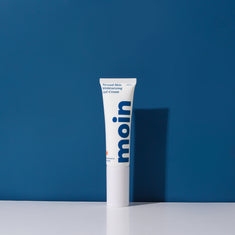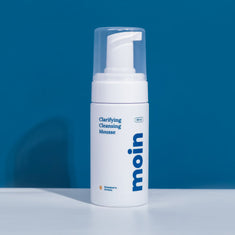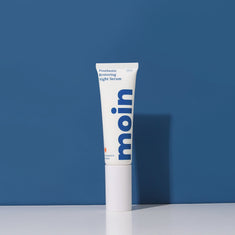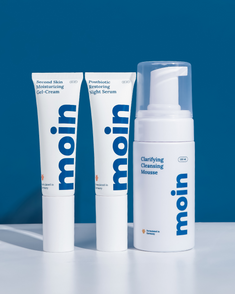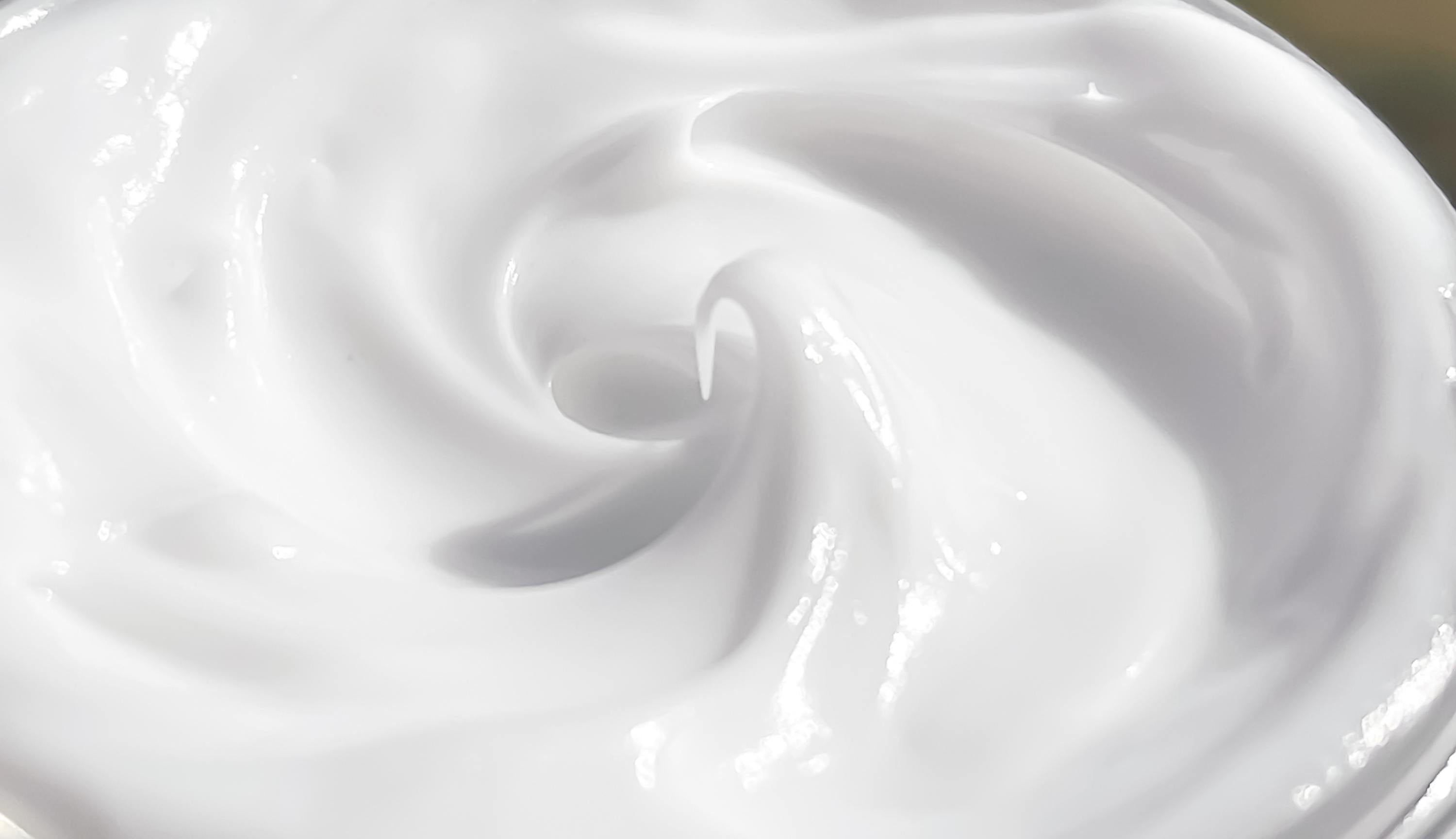Emulsions in Skincare
Emulsions are a ubiquitous part of our everyday lives. They are found in everything from food products to personal care items, and they play a critical role in ensuring the stability and efficacy of many formulations. In the world of skincare, emulsions are particularly important. In this article, we will explore the science behind emulsions, particularly in skincare science, and discuss their many benefits.
What is an emulsion?
An emulsion is a mixture of two immiscible liquids, such as oil and water, that are stabilized by a third component known as an emulsifier. The emulsifier acts as a mediator between the oil and water molecules, allowing them to mix together in a stable manner. Without an emulsifier, the oil and water would quickly separate, resulting in an unstable mixture that would not be useful in many applications.
The science behind emulsion
The process of creating an emulsion involves breaking up the oil phase into tiny droplets and dispersing them throughout the water phase. This is achieved by applying mechanical energy, such as stirring or blending, to the mixture. The emulsifier is then added, which coats the surface of the oil droplets and prevents them from coalescing and separating from the water phase.
There are two main types of emulsions: oil-in-water (O/W) and water-in-oil (W/O). In an O/W emulsion, oil droplets are dispersed throughout a water phase, while in a W/O emulsion, water droplets are dispersed throughout an oil phase. O/W emulsions are the most common type of emulsion used in skincare formulations because they are lighter and more easily absorbed by the skin.
Emulsion in skincare
Emulsions play a critical role in skincare formulations because they help to deliver active ingredients to the skin. Many skincare ingredients are oil-soluble and therefore cannot be easily incorporated into water-based formulations. Emulsions allow these ingredients to be dispersed throughout a water-based solution, making it easier for them to penetrate the skin.
Emulsions also help to create a stable and consistent formulation. Without an emulsifier, many skincare products would separate over time, resulting in an inconsistent texture and reduced efficacy. Emulsions ensure that the product remains stable and effective throughout its shelf life.
Another benefit of emulsions in skincare is their ability to create a barrier on the skin. Emulsions can help to trap moisture on the skin's surface, preventing it from evaporating and leaving the skin feeling dry and tight. This is particularly beneficial for those with dry or dehydrated skin.
Commonly used emulsifiers in skincare
Glyceryl Stearate
This emulsifier is derived from vegetable oil and is commonly used in lotions, creams, and moisturizers. It is incorporated to create a smooth, creamy texture and to improve the spreadability of the product.
Cetearyl Alcohol
In skincare, cetearyl alcohol can be used both as main and co-emulsifier. It helps to thicken and add "body" to the product, improve its texture, while also acting as a moisturizer for the skin.
Polysorbate 20
Polysorbate 20 is usually derived from sorbitol and is commonly used in facial cleansers and body washes. It helps to create a smooth, even texture and improve the lather of the product.
Lecithin
As one of the oldest emulsifiers being used in both food and personal care industry, lecithin is so versatile. Due to the fact that it can be derived either from soybeans or sunflower, lecithin is commonly used in natural and organic skincare products.
Sodium Stearoyl Lactylate
Sodium steaoryl lactylate is synthesized by the reaction of stearic acid and lactic acid and conversion to the sodium salts. Due to its high HLB value, sodium stearoyl lactylate becomes an ideal choice as co-emulsifier in skincare, especially when incorporating oils with higher polarity to achieve a stable emulsion.
